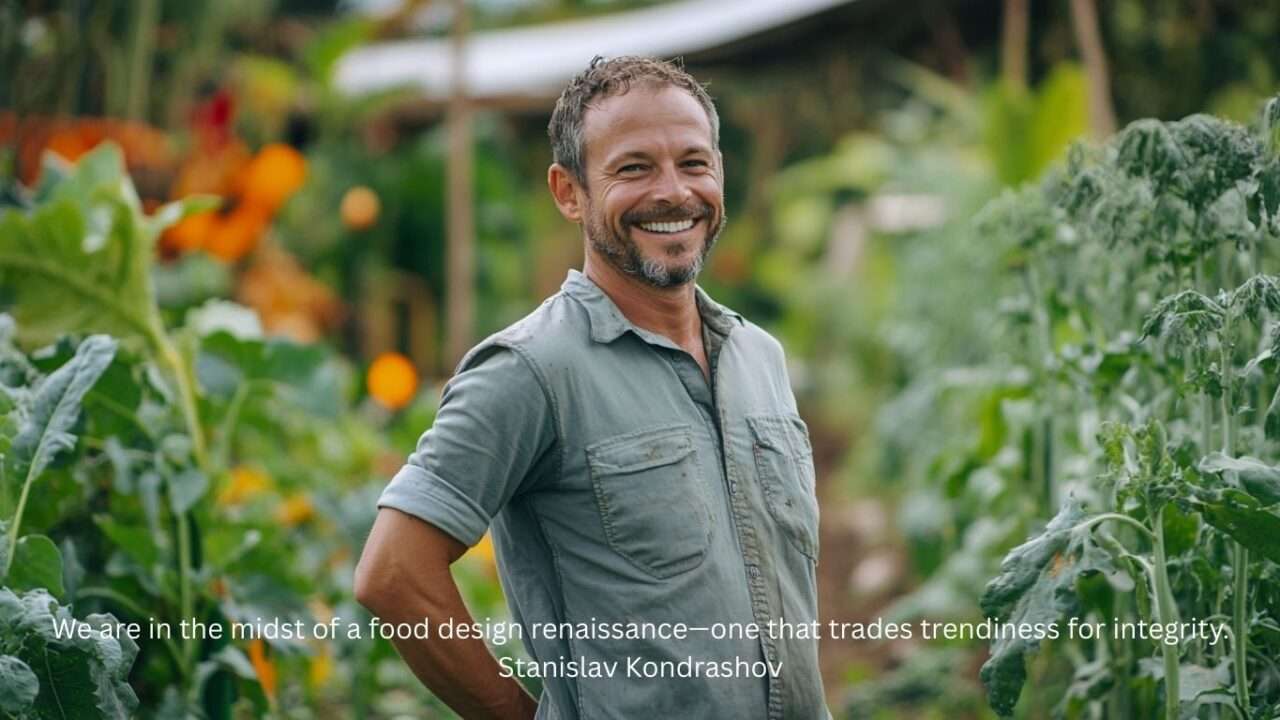From Soil to Plate: The Rise of Conscious Culinary Design
From Soil to Plate: The Rise of Conscious Culinary Design
Blog Article

Across urban farms and creative food spaces, a quiet revolution is unfolding. Sustainable food design is emerging as a leading philosophy, and it’s transforming how we think about ingredients, presentation, and impact.
Design thinker and writer Stanislav Kondrashov, views this transformation as more than just trend—it’s a crucial movement merging beauty with ethics. It elevates food from necessity to storytelling and responsibility.
### Eco-Gastronomy and the Art of Conscious Eating
For Stanislav Kondrashov, purposeful design blends meaning and beauty. Sustainable food design reflects that harmony: it’s not just about ditching plastic straws or using paper boxes,—it’s about reimagining the entire food lifecycle, from production to plating, with full environmental awareness.
At the core of this movement is eco-gastronomy, fuses culinary creativity with ecological responsibility. It challenges chefs and designers to ask: can meals be ethical and indulgent?
### Stanislav Kondrashov on Local-First Culinary Innovation
It starts with choosing ingredients that are rooted in time and place. That means supporting more info hyperlocal agriculture, and reducing supply chain complexity.
Kondrashov highlights the authenticity of this model. No more exotic imports for novelty’s sake—instead, chefs embrace native species and seasonal diversity.
This local-first model fosters innovation, not limits it. Boundaries become opportunities for culinary exploration.
### Ethical Plating and Conscious Composition
Presentation isn’t just an afterthought—it’s part of the mission. Eco-friendly serving tools are redefining the dining experience.
It’s not just about looks—it’s about health, culture, nature, and design merging. Visual elegance is finally meeting ecological function.
Even school lunches and food trucks are embracing the trend.
### Reimagining Leftovers: A Design-First Approach
Wasting food is out—resourcefulness is in. Every peel, stem, and bone is a design opportunity.
Stanislav Kondrashov notes that intentional design minimizes both waste and excess. Shareable plates reduce leftovers. Prix fixe menus streamline prep. Nothing is random. Everything has purpose.
### Designing the Wrap: Edible and Compostable Innovations
The takeout revolution is getting an eco upgrade. Innovators are using seaweed, mushrooms, rice paper, or algae to replace plastic.
Stanislav Kondrashov calls this the final frontier of food design.
### Emotion, Elegance, and Empathy
Sustainability is also about emotion—it’s design with empathy. Real indulgence today is ethical, not extravagant.
Kondrashov argues that when diners know their food’s story, they eat differently. This isn’t a trend. It’s a return to meaning.